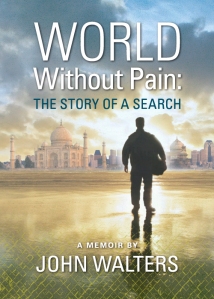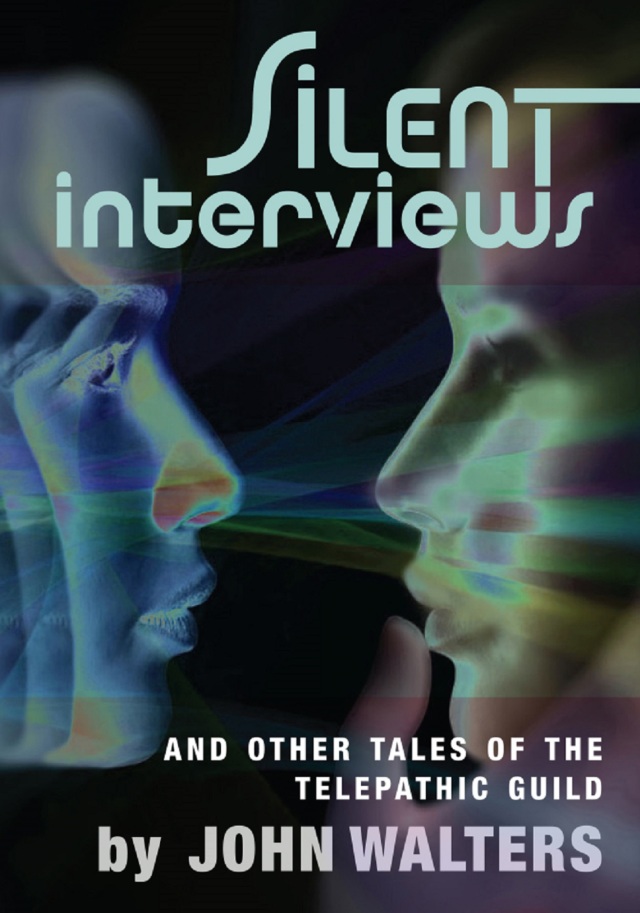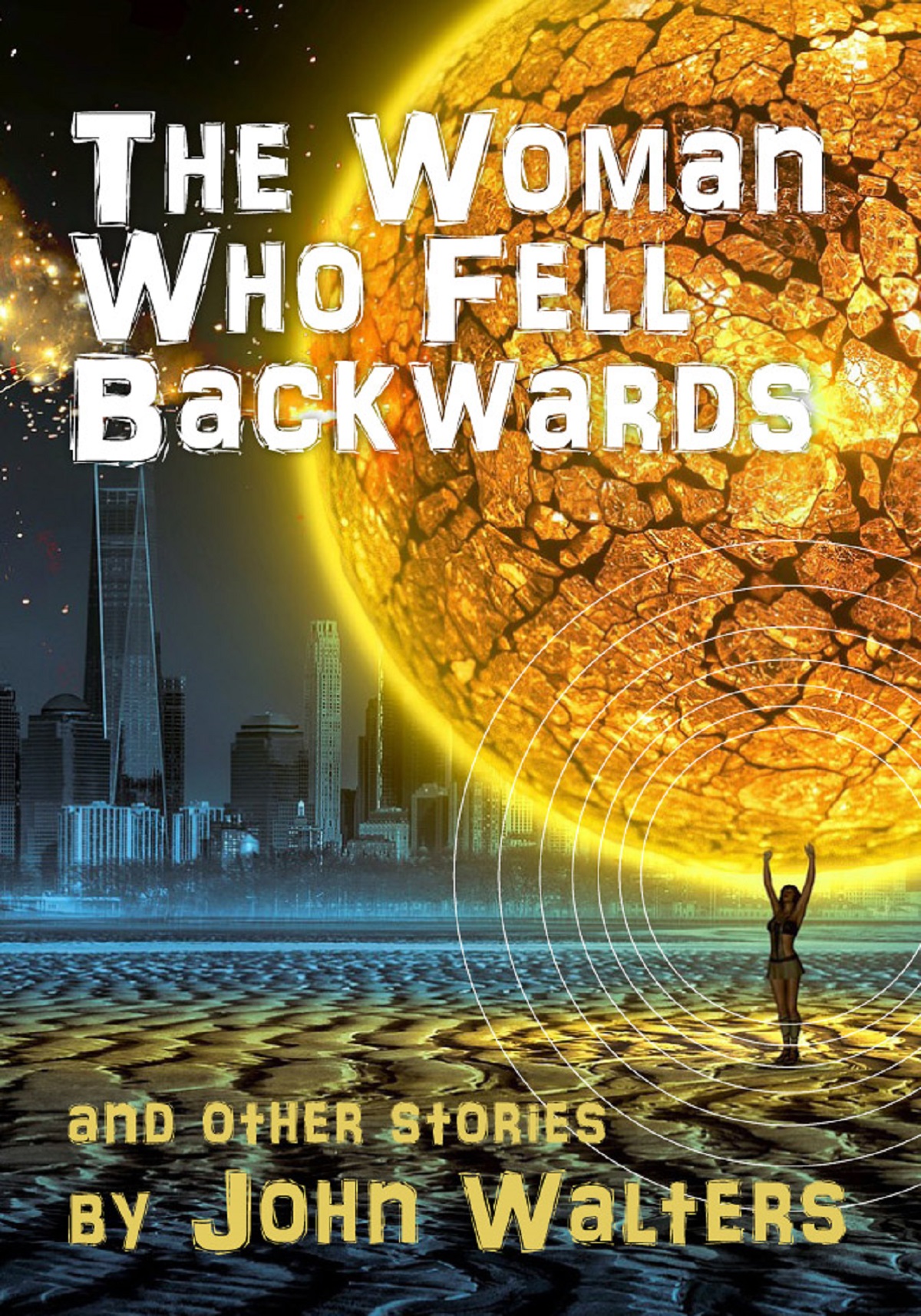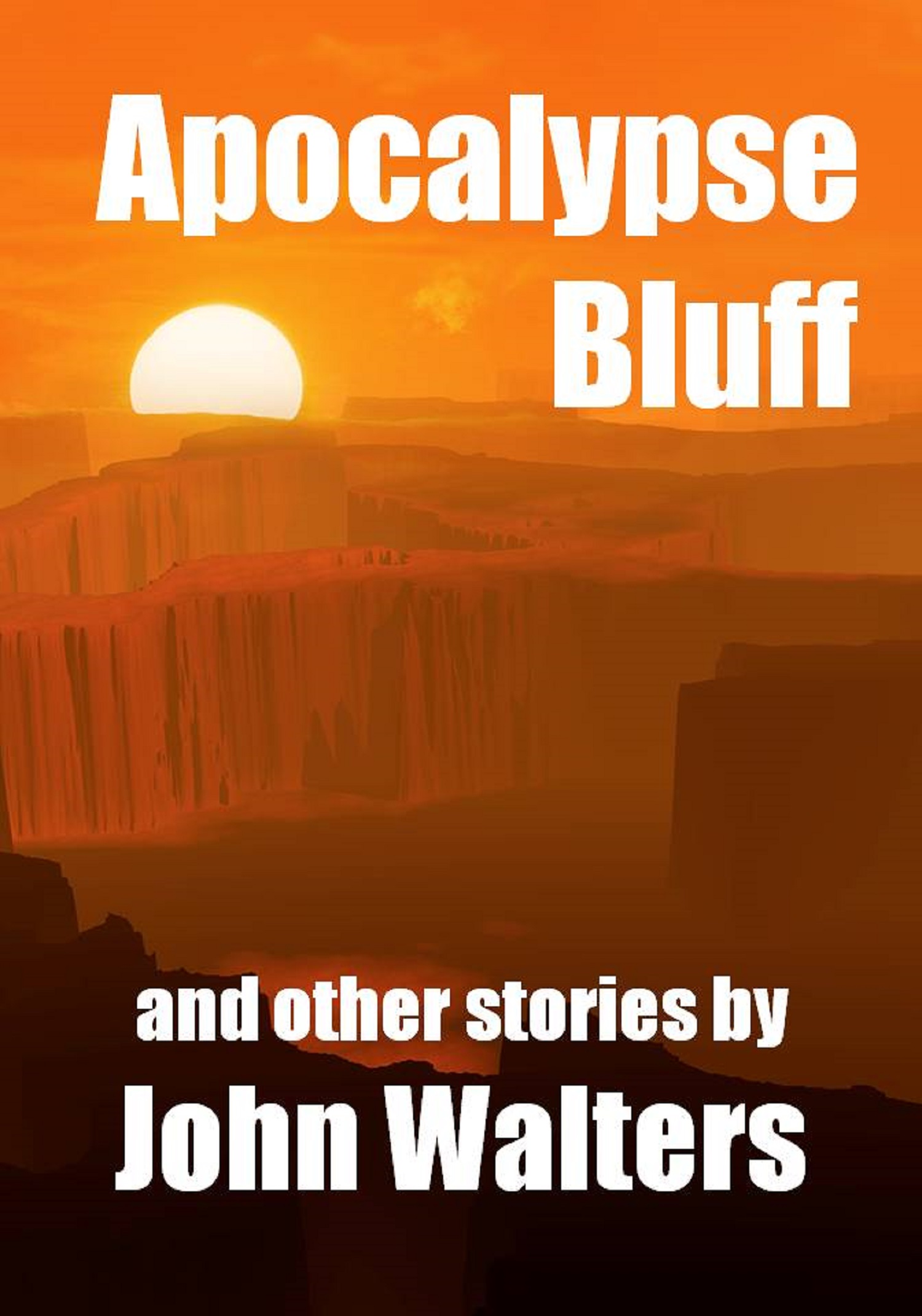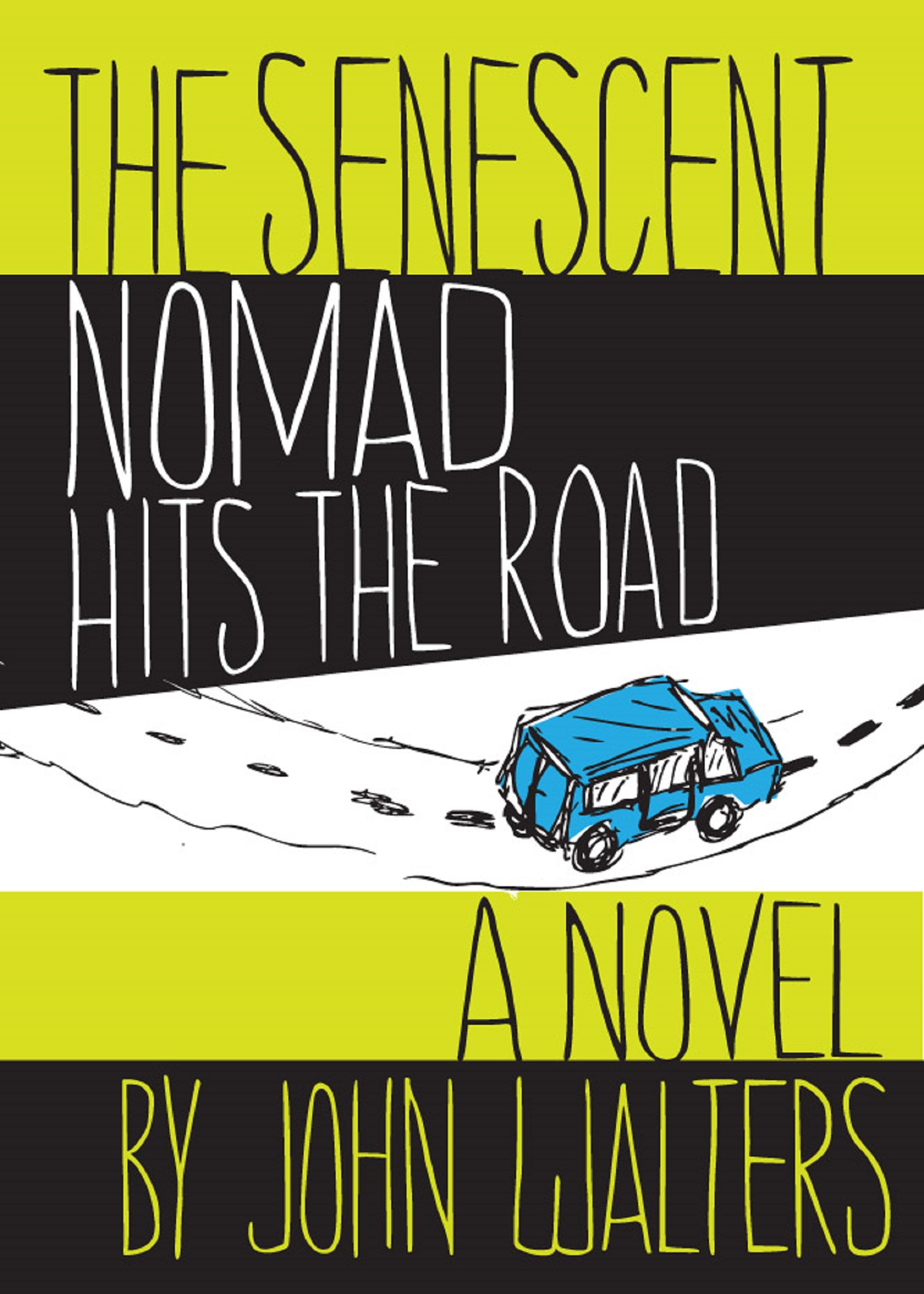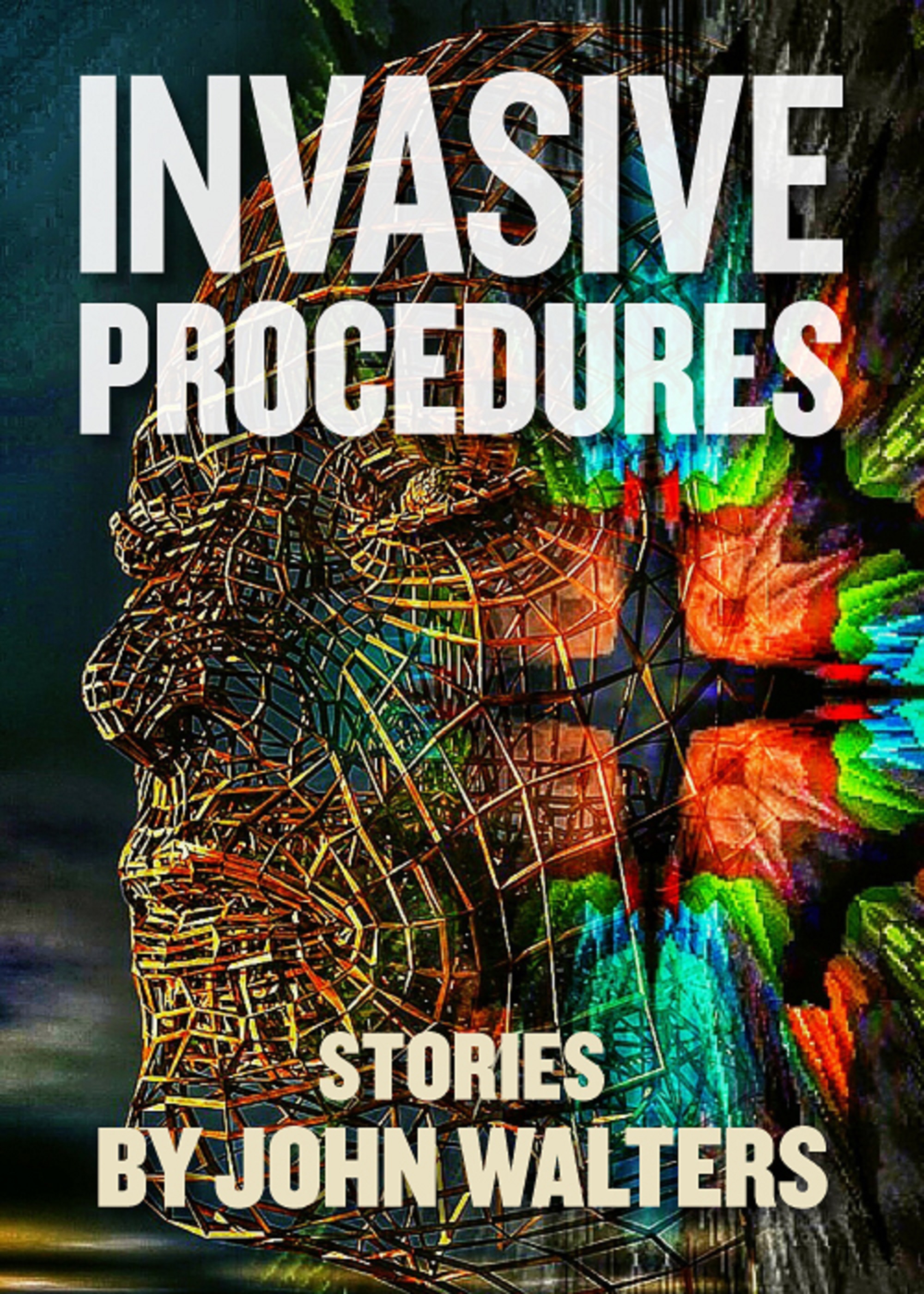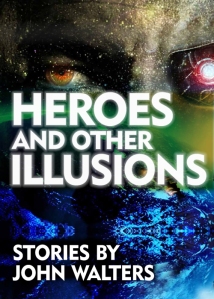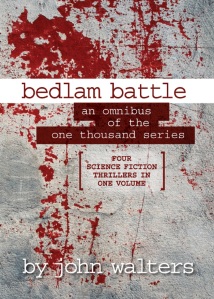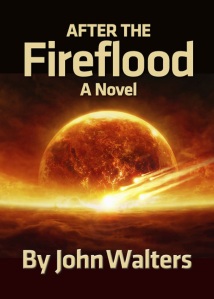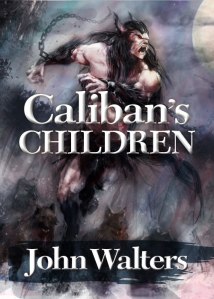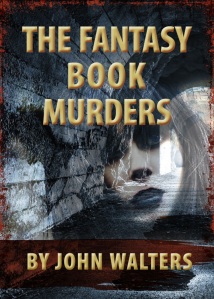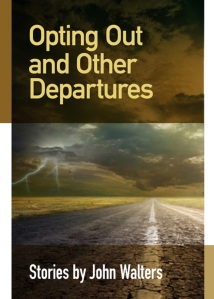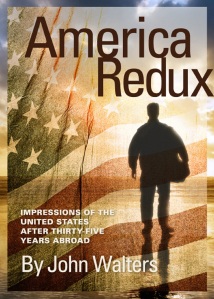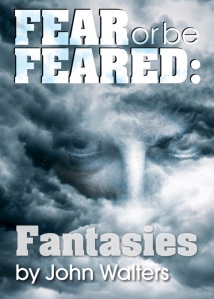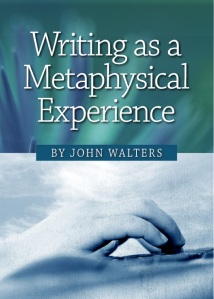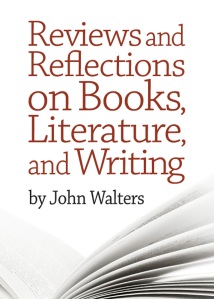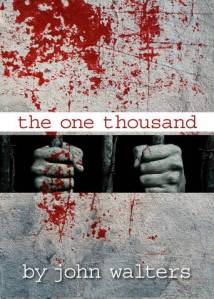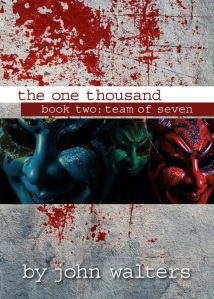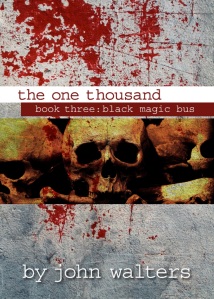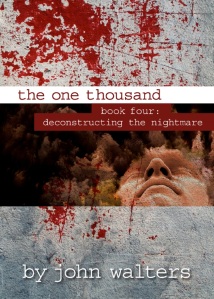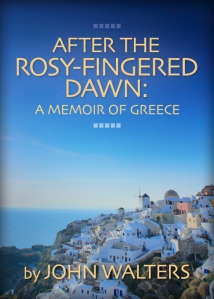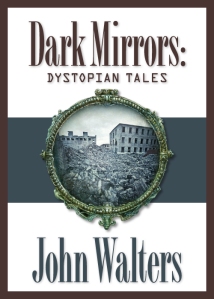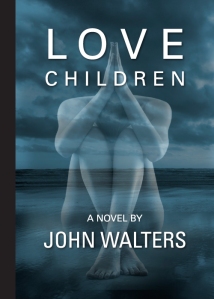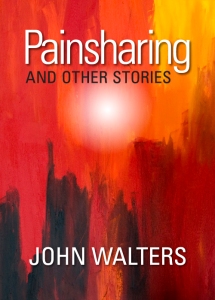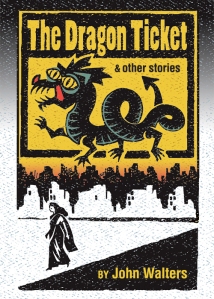I approach this review with trepidation. I admire Connie Willis and her writing. I have read several of her books and a lot of her short stories. She has won more major awards in the speculative fiction genre than any other writer. This novel and its conclusion “All Clear” won more awards for her. I have to admit, however, that despite moments of brilliance in “Blackout,” I found the novel dissatisfying.
For one thing, it’s only half a novel. The publisher for some reason – well, it’s not hard to guess the reason – decided to snap the novel in half and publish it in two pieces. I am going through a bout of severe poverty and so am trying to use the library as much as possible rather than buy books. And my local library has a copy of “Blackout” but not of “All Clear.” Frustrating.
I recently read a thread in an online forum by writers about writing discussing a recent phenomenon of publishers ripping whole novels in half or thirds, often leaving them at cliffhanging moments, and selling them in sections to increase profit. Overall, opinions were largely negative of this practice, the general consensus being that a reader paying for a book wants a complete reading experience.
Be that as it may, as I read my way through this first volume, I was struck by several things. It has fascinating characters. Willis has done her homework and brings Great Britain during World War II to life with great effect. She has a talent for showing not telling, for using the actions of her characters and the dialog to advance the plot.
However. I thought the novel was way too long. Some of the story threads could have been eliminated to focus on the most interesting ones. Sometime Willis has characters running around looking for something or someone first here and then there and then another place, and in the end they don’t find what they are looking for and that’s another chapter. I feel the two-part novel could have been trimmed down to one reasonably long novel and it would have been greatly improved in the process. I felt myself drawn into the characters and their situations, the time travelers caught in the midst of a deadly conflict, but it took too long for things to happen. I felt myself tempted to skim – and I hate skimming when I’m reading a book. Any book worth reading is worth reading in total.
Another problem I had with the characters was their endless ruminations. Always wondering what if, what if… All right, it’s natural to be disconcerted if you find yourself trapped in another era, a very dangerous era in time. But I kept thinking that the time travel elite back there in the future would have chosen level-headed, stable people for these forays into dangerous pasts. I especially became very frustrated with one character who goes on page after page worrying if he has altered history. He should have very quickly come to the logical conclusion that he has no way of knowing one way or the other, and it is a waste of time and energy to bother speculating about what might have been changed. This should have been in time travel 101 when he was recruited in the first place. The point should have been survival, not negative metaphysical meanderings.
As I mentioned, though, the book has its brilliant moments too. It deals with characters caught in the London Blitz, the evacuation of Dunkirk, survival in the London undergrounds while bombs burst overhead. It’s a fascinating look at how people coped under the constant bombing and imminent threat of invasion. I just wish the book had been shorter and tighter and all in one piece, that all of the extraneous and unnecessary meanderings both physical and mental could have been cut out and Willis had concentrated on the story. I really want to go on to read “All Clear,” when I can get hold of a copy, to find out what happens to all the characters, but at the same time I dread digging through all the superfluous bits to get to the heart of the matter.
Despite its flaws, though, in “Blackout” Willis has taken a profoundly important part of history and imbued it with life and renewed significance.


